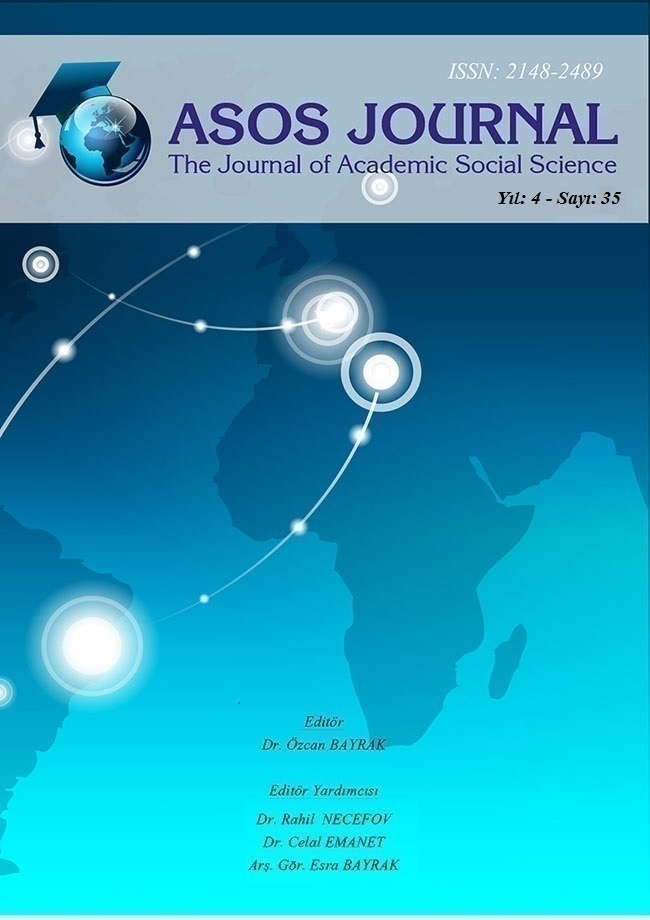Author :
Abstract
Emek üretim faktörlerinden birisi olarak sayılır. Sanayi Devrimi’ni takip eden dönemde ise tek gelir kaynağı emek olan kesim Batı toplumlarında “İşçi sınıfı” adı altında sermayeyi elinde tutan Kapitalist sınıfından ayrı bir kesim olarak ortaya çıkmıştır. Sınıfa dayalı bir yapılanma özelliği taşımayan İslam toplumlarında ise, doğrudan böyle bir sınıfı ifade eden bir kavram yerine, emekle bağlantılı daha farklı ve daha genel kavramlar kendini göstermiştir. Bu farklılık, sadece işçi sınıfıyla sınırlı kalmamış, yine XIX. Yüzyıl işçi sefaletinden kaynaklanan ve bir hak arayışının neticesi ortaya çıkan “grev” ve “lokavt” gibi kavram ve düzenlemeler için de söz konusu olmuştur. Bu çalışmada İslam Ekonomisinde emek kavramından hareketle, emeğin kaynağı olan işçi ve işçiyi çalıştıran işveren öncelikle kavramsal bir çerçevede ele alınacaktır. Ardından İslamî perspektiften emeğe olan yaklaşımla birlikte, işçi ve işverenin konumu, iki kesimin birbirine karşı sorumlulukları ortaya konulacaktır.
Keywords
Abstract
Labour is considered one of the production factors. After the period following the Industrial Revolution, “the working class”, whose only source of income is labour, appears as a separate class from the capitalist class holding the capital in their hands. In Islamic societies that do not function as a structure based on class, instead of a concept expressing such a class directly, different and more general concepts related to labor have appeared. This difference was not limited only to the working class, but it is the same for the concepts and regulations such as “strike” and “lockout”, which appear as a search for right, because of the 19th century worker misery. In this paper, first of all, starting from the concept of labor in Islamic economy, the source of labour i.e. the worker and the employer will be discussed in a conceptual framework. And then, with the approach from the Islamic perspective, the position of the worker and the employer and the responsibilities of the two segments towards each other will be revealed.





